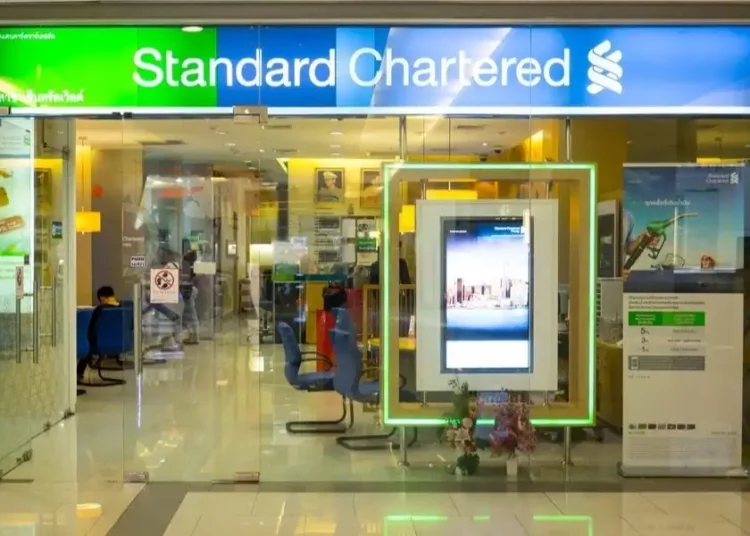Standard Chartered Bank advised policymakers in Nigeria to embrace blended finance, the use of catalytic capital from public or philanthropic sources to increase private sector investment to attract capital towards attaining Sustainable Development Goals (SDGs).
The co-head, Corporate & Investment Banking at Standard Chartered Bank, Roberto Hoornweg said blended finance has been a catalyst for funding critical sectors like renewable energy and infrastructure in emerging markets.
According to him, with Sub-Saharan Africa (SSA), including Nigeria, receiving over 40 per cent of global blended finance deals, the potential for this financing approach to address the SDG funding gap is becoming more evident.
“In tandem with Nigeria’s efforts to tackle pressing challenges like poverty alleviation and infrastructure development, blended finance has become a model that institutions in major developing countries have used to scale up investments in clean energy and transport projects. Nigeria could follow examples like South Africa’s Renewable Energy Independent Power Producer Procurement Programme (REIPPPP), which successfully attracted private investment by mitigating risks through government-backed guarantees and development loans.”
“By blending public de-risking instruments with private capital, the program successfully unlocked renewable energy investment by addressing investor concerns upfront through an enabling policy environment,” Hoornweg stated.
However, he outlined that the major challenge with adopting this model is that as Nigeria strives to meet its SDG goals, subsisting legal framework, governance, and transparency issues must be addressed to ensure private investors are not dissuaded by potential risks.
“While blended finance presents an opportunity, the Nigerian market is still burdened by environmental and legal disputes, particularly in the oil sector. For instance, Shell has recently been slammed with a $310 million lawsuit by its host communities over the sale of its onshore oil assets. These Niger Delta communities say this move by Shell is in violation of a court order that suspended the sale of assets until compensation for environmental damage caused by oil spills is resolved. This case highlights ongoing tensions between multinational corporations and local communities over environmental degradation and such disputes can undermine investor confidence in Nigeria’s market.
“As such, it is a no-brainer how crucial it is for both the government and businesses to resolve such conflicts transparently, with the direct involvement of local communities. The blended finance model would thrive if all parties regard environmental restoration as priority,” he added.
Hoornweg stressed that mitigating the risks requires a robust financial ecosystem that fosters public-private dialogue and partnerships, enhanced due diligence, and the involvement of local communities, saying strengthening governance by enacting clear regulations is the first step to fully unlock the potential of blended finance in Nigeria.
He added that engaging various stakeholders in project development in the local community will help align financial goals with environmental development plans such that all parties can effectively and simultaneously create socially-beneficial outcomes.





